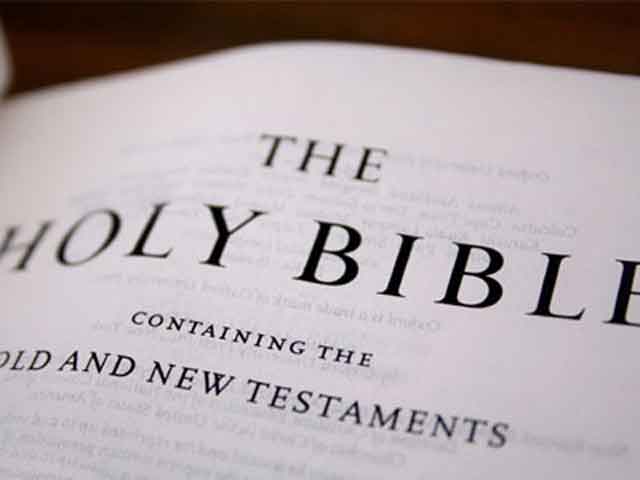Question
Gramps,
If pre-existence is a fact, then why would Paul teach the natural body to be first, then the spiritual? Howbeit that that was not first which is spiritual, but that which is natural; and afterward that which is spiritual (1 Cor 15:46). Wouldn’t he mention that we were in spiritual body first, then natural, then back to spiritual?
David
Answer
Dear David,
In order to understand the scriptures it is essential to know the context in which the passages are given, i.e., what they relate to in the rest of the text. If you read a little before and a little after the text in question it becomes clear that Paul is referring, not to the initial organization of man, but to the sequence of his spiritual growth in mortality. In this chapter Paul is comparing the spiritual man with the natural man. Let’s look first at 1 Cor 15:43-45.
43 It is sown in dishonour; it is raised in glory: it is sown in weakness; it is raised in power:
44 It is sown a natural body; it is raised a spiritual body. There is a natural body, and there is a spiritual body.
45 And so it is written, The first man Adam was made a living soul; the last Adam was made a quickening spirit.
Paul compares dishonour changed to glory; weakness changed to power; the natural body changed to a spiritual body; Adam being changed from a mortal man to a resurrected being.
Verse 46 follows in the same context—
Howbeit that was not first which is spiritual, but that which is natural; and afterward that which is spiritual.
A person changes from a natural man to a spiritual man as he learns and obeys the gospel of Jesus Christ. This analogy is carried on in the succeeding verses—
47 The first man is of the earth, earthy: the second man is the Lord from heaven.
—a change from the natural man to the spiritual man.
48 As is the earthy, such are they also that are earthy: and as is the heavenly, such are they also that are heavenly.
—again, the natural man being compared with the spiritual man.
49 And as we have borne the image of the earthy, we shall also bear the image of the heavenly
—and again, the natural, or earthy, compared to the spiritual, or heavenly.
So you see that Paul in this chapter is not talking about the sequence of the creation of man, born of God as a spirit, and then born on the earth as a physical being, but rather, the progress of man in mortality, first as a worldly person and then as a spiritual person.
Gramps







